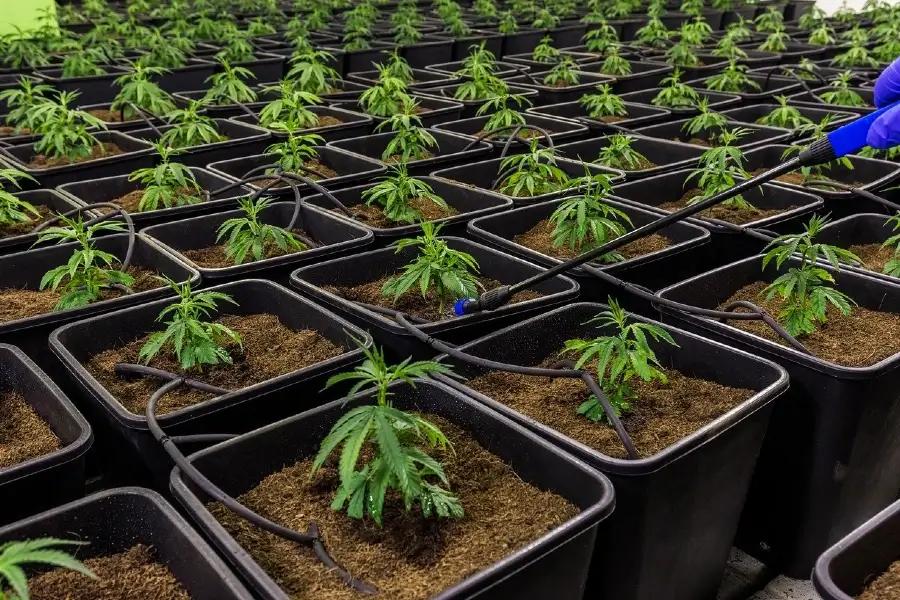Birch Polypore Tea: A Natural Antibiotic Alternative Backed by Ancient Wisdom and Modern Science
A Mushroom from the Past with Promising Potential for the Future
In today’s wellness landscape, there’s a surging demand for natural remedies that promise holistic support without the side effects associated with synthetic pharmaceuticals. Among the many botanical options available, one ancient, often overlooked fungus is beginning to reclaim its spotlight—Birch Polypore (Fomitopsis betulina), a mushroom that grows symbiotically on birch trees.
Long revered in traditional herbal medicine for its immune-supporting and antimicrobial properties, this mushroom is now drawing the attention of researchers for its potential as a viable natural antibiotic alternative, particularly in a world facing increasing antibiotic resistance.
Birch Polypore was traditionally consumed as a tea or tonic. Archaeological evidence suggests its use dates back thousands of years. Notably, the 5,300-year-old ice mummy known as Ötzi the Iceman was found with pieces of Birch Polypore in his possessions—presumably for medicinal purposes. In folk traditions across Europe, Russia, and Asia, this mushroom has been used to treat bacterial infections, digestive disorders, parasites, and immune dysfunctions.
The pharmacological benefits of Birch Polypore stem from its potent biochemistry. Two star compounds—triterpenoids and polysaccharides—are drawing particular attention in scientific research for their significant antibacterial and immune-supporting capabilities.
Antibiotic Resistance Is Rising — Can Birch Polypore Help?
The emergence of antibiotic-resistant bacteria has sparked a crisis in modern medicine. Diseases once easily treated with antibiotics are becoming increasingly difficult to manage, opening the door for natural antimicrobial agents. Birch Polypore tea is being re-examined not only for folk efficacy but through the lens of rigorous scientific research.
Of particular interest is its potential synergy with cannabinoids. Cannabis-derived compounds like cannabidiol (CBD) share antimicrobial and immunomodulatory characteristics with Birch Polypore. This convergence is attracting attention from the integrative and alternative health sectors, especially cannabis professionals, naturopaths, and holistic health product developers.
Unlocking the Power Within: Bioactive Compounds in Birch Polypore
A key study published in the International Journal of Medicinal Mushrooms (2017) found mushroom extracts exhibited strong antibacterial effects, particularly against Staphylococcus aureus—an increasingly antibiotic-resistant pathogen. This lends credibility to centuries-old uses of Birch Polypore and highlights its potential as a natural treatment for stubborn infections. [Read the full study here.](https://www.ingentaconnect.com/contentone/ben/cmc/2017/00000024/00000029/art00015)
Another major breakthrough came via a 2022 study in Frontiers in Pharmacology, which detailed how Birch Polypore’s polysaccharide fractions activated macrophage function and cytokine production—important weapons in the body’s immune arsenal. This could position the mushroom as a supportive tool particularly useful for immunocompromised individuals. [Access the publication here.](https://www.frontiersin.org/articles/10.3389/fphar.2022.865123/full)
Mushrooms and Cannabinoids: A Synergistic Future
A 2020 review published in Mycobiology explored the overlapping therapeutic value of fungal polysaccharides with cannabinoids. These findings suggest that combinations of mushrooms like Birch Polypore with compounds such as CBD may be especially effective in battling chronic infections and modulating inflammation—without the toxic burden of traditional drugs. [Explore the synergy study.](https://www.tandfonline.com/doi/full/10.1080/12298093.2020.1757573)
This leap into integrative therapy is particularly valuable in disorders characterized by systemic inflammation, such as autoimmune diseases, skin conditions, and persistent inflammatory bowel disorders, where long-term drug use is currently the norm.
Birch Polypore and Biofilms: Breaking Down Bacterial Defenses
An exciting research direction lies in Birch Polypore’s ability to inhibit biofilm formation. Bacterial biofilms are slimy protective layers that make microbes resistant to antibiotics, often leading to chronic, hard-to-treat infections.
Early lab data shows Birch Polypore extract can interfere with bacterial quorum sensing—the communication process bacteria use to form biofilms. When combined with known biofilm disrupters like cannabidiol (CBD), these compounds may enable better infection control using lower antibiotic doses. [Review other related mushroom studies here.](https://www.ncbi.nlm.nih.gov/pmc/articles/PMC6782988/)
Why This Matters for Cannabis and Natural Health Professionals
For cannabis product developers, dispensary operators, and herbal practitioners, investigating the interactions between other botanical allies and cannabinoids is more than just curiosity—it’s good business and better wellness.
The possibility of offering Birch Polypore tea, tinctures, or wellness blends in synergy with CBD products could add value and effectiveness to existing offerings. As the plant-based wellness space grows, these innovations align beautifully with the ethos of integrative, sustainable health solutions.
A Timeless Remedy with Modern Scientific Validation
Birch Polypore tea, rooted in ancestral healing, has officially landed on the radar of health professionals and scientists alike. With documented antibacterial, immunological, anti-inflammatory, and even anti-biofilm properties, it holds promise as a potent tool in the natural medicine arsenal.
As we seek new and sustainable ways to enhance our health without feeding the antibiotic resistance crisis, integrative strategies involving Birch Polypore and cannabis-derived compounds may shape the future of wellness.
Igniting synergy between fungi and plants could very well lead the next era of eco-conscious medicine.
Summary:
Birch Polypore, an ancient medicinal mushroom, is gaining attention for its potential as a natural antibiotic alternative. Its bioactive compounds, such as triterpenoids and polysaccharides, have demonstrated strong antibacterial and immune-modulating effects. Researchers are exploring its synergistic potential with cannabinoids like CBD to address antibiotic resistance and chronic inflammatory conditions. This integration of traditional wisdom and modern science could unlock new avenues for sustainable, plant-based healthcare solutions.
References:
1. [Antibacterial activity of triterpenoids and phenols from Fomitopsis betulina](https://www.ingentaconnect.com/contentone/ben/cmc/2017/00000024/00000029/art00015)
2. [Immunomodulatory potential of Fomitopsis betulina](https://www.frontiersin.org/articles/10.3389/fphar.2022.865123/full)
3. [Polysaccharide bioactivity and synergy with cannabinoids – Review, Mycobiology 2020](https://www.tandfonline.com/doi/full/10.1080/12298093.2020.1757573)
4. [Ötzi the Iceman’s Birch Polypore use – National Geographic](https://www.nationalgeographic.com/history/article/otzi-iceman-mummy-europe-alps-archaeology)
5. [Medicinal mushrooms and anti-biofilm action – NCBI](https://www.ncbi.nlm.nih.gov/pmc/articles/PMC6782988/)




